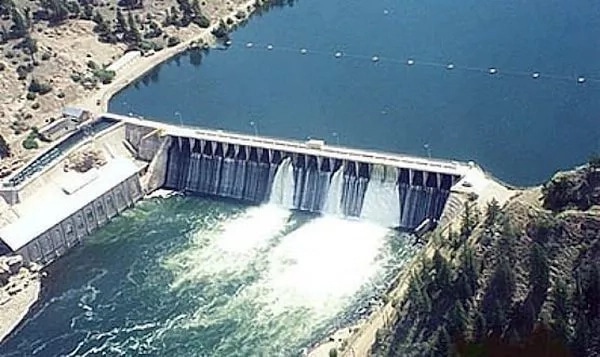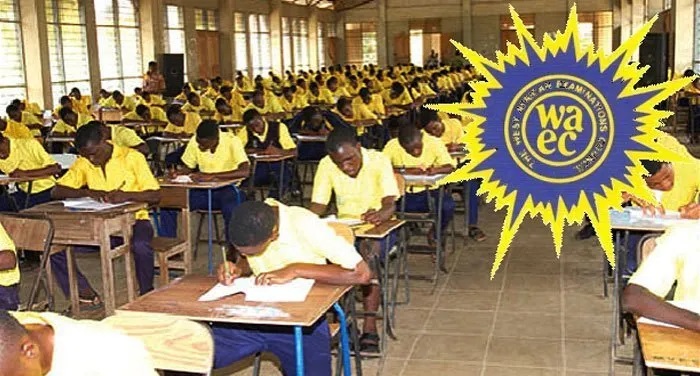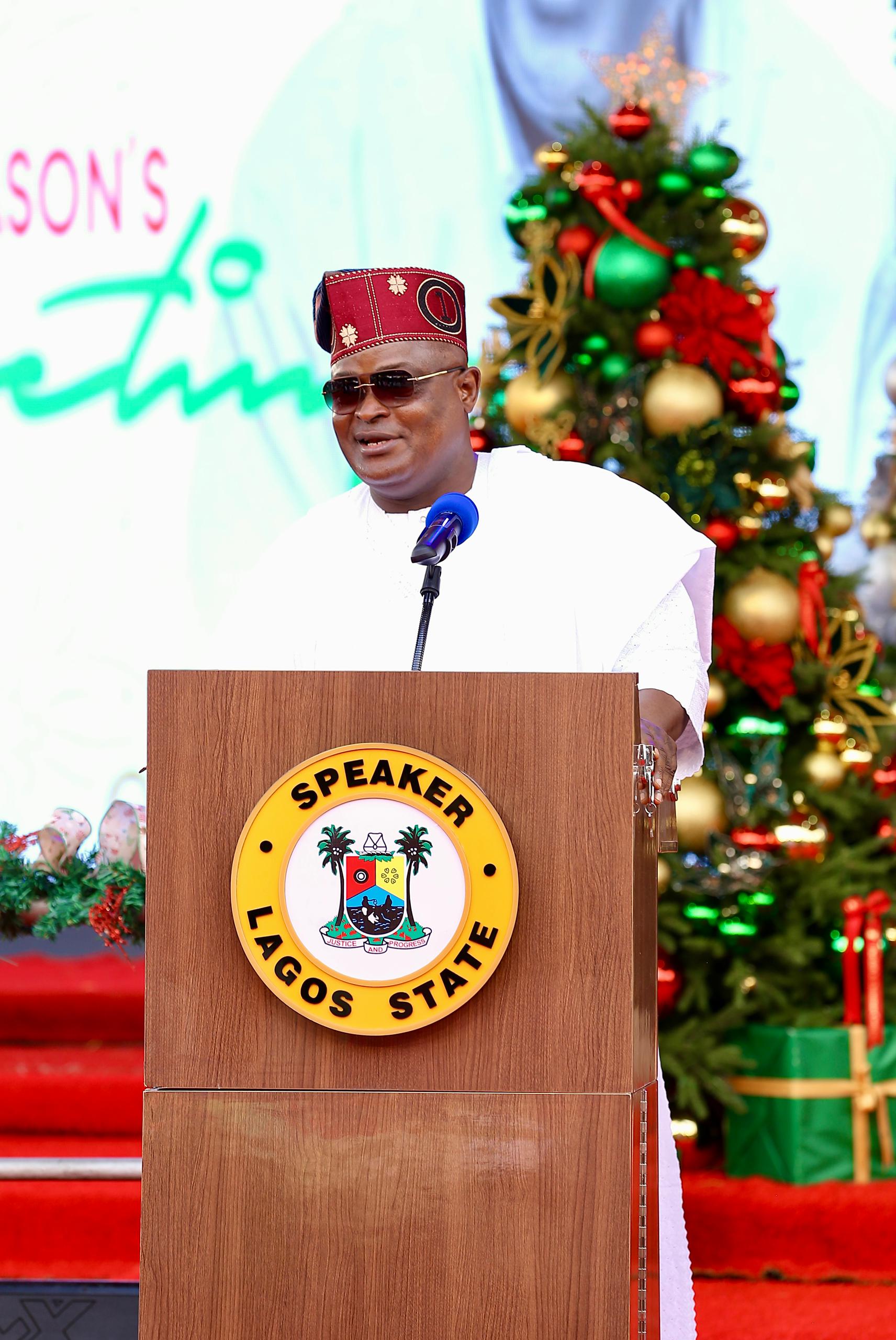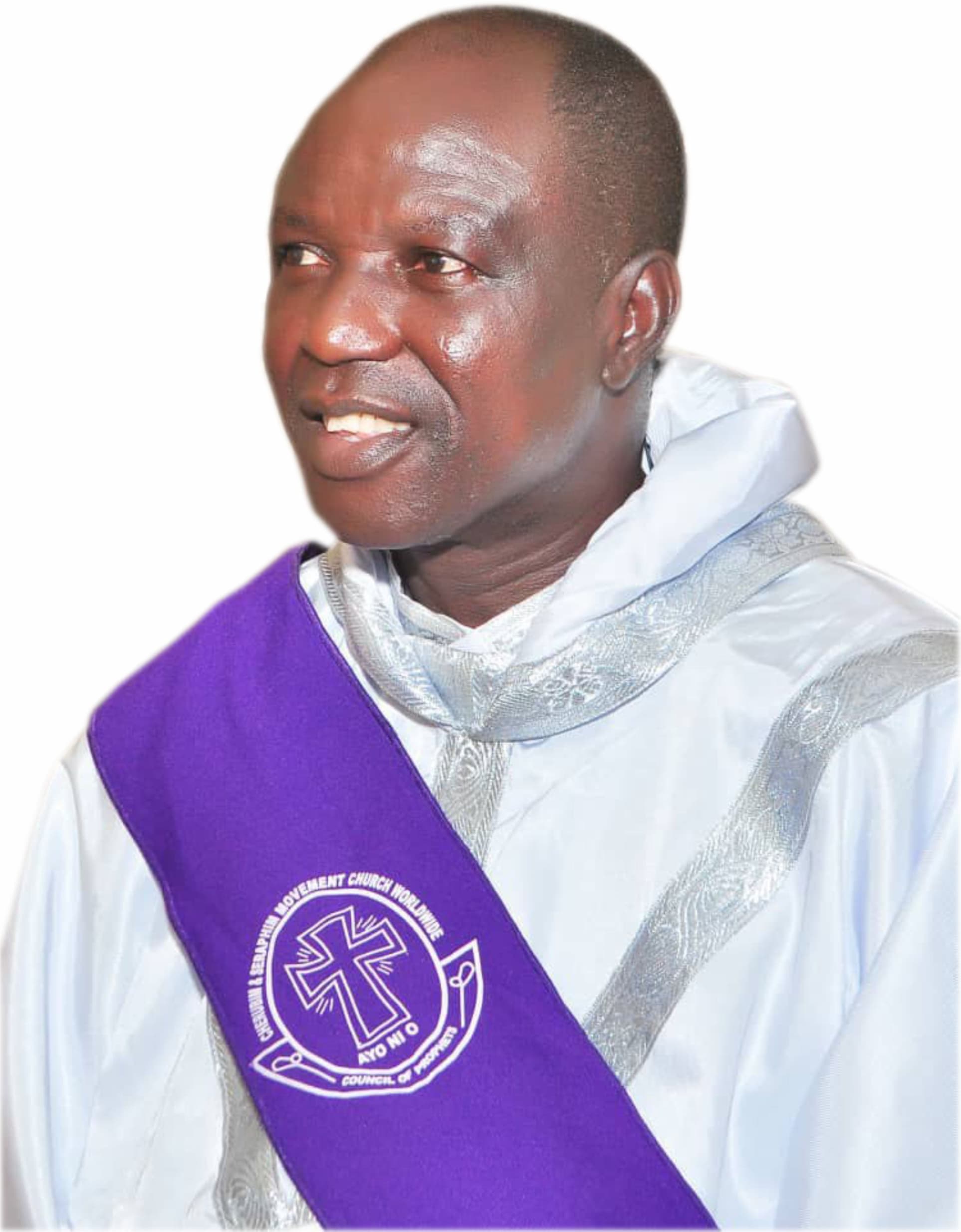Nigeria’s power plants recorded N30.5bn in losses from grid failures between 2022-2024, with ongoing collapses threatening energy stability.
Power plants in Nigeria, particularly the Kainji and Jebba power stations, have reported cumulative losses of N30.5bn due to persistent grid failures between 2022 and 2024.
These losses, incurred as a result of frequent disruptions in the national grid, have raised alarm bells within the energy sector.
Also read: National grid collapse plunges Nigeria into darkness ahead of Easter holidays
In the latest incident, the national grid experienced its 11th collapse of the year on Thursday, disrupting both business activities and the livelihoods of millions of Nigerians.
The impacts of these grid collapses have been widespread, affecting consumers, the Transmission Company of Nigeria (TCN), and other key stakeholders, all of whom have lamented the ongoing instability in the country’s power supply.
The Federal Government has blamed the continuous grid failures on a combination of factors, including the destruction of key electricity infrastructure, such as transmission towers and transformers, as well as the use of outdated equipment in transmission substations.
The government has also pointed to poor maintenance practices, lack of necessary investments, and alleged sabotage as contributing to the situation.
Meanwhile, power generation companies (GenCos) have expressed frustration over the toll these grid collapses have taken on their operations.
Kainji and Jebba, two of Nigeria’s largest power plants, have incurred losses of N30.55bn over the last two years due to system collapses, instability, and unplanned outages.
In 2022, the plants lost 149,524 megawatt-hours, amounting to N2.38bn. The following year, losses skyrocketed by 164.7%, reaching N6.3bn as a result of 229,370 megawatt-hours lost.
By the first 11 months of 2024, the losses had surged by a staggering 247.14%, totalling N21.87bn with an energy loss of 356,759 megawatt-hours.
The document also highlighted the severe impact of grid failures on Nigeria’s hydropower infrastructure, including the destruction of critical equipment, misalignment of shafts, and potential turbine damage.
These failures lead to increased operational costs for GenCos, as repairs and replacements of essential equipment are required.
Several causes have been identified for the grid’s instability, including overload, failure of critical equipment, ageing infrastructure, and inadequate system protection.
The overload of transmission lines during peak demand periods has been particularly problematic, as it can lead to overheating and cascading outages that cause widespread disruption.
Joy Ogaji, CEO of the Association of Power Generation Companies (APGC), commented on the issue, calling grid collapse a significant threat to Nigeria’s power sector.
Ogaji explained that frequent grid collapses have not only caused serious damage to infrastructure but have also resulted in substantial commercial losses for GenCos.
These disruptions reduce power sales and lead to penalties for non-delivery, exacerbating the financial strain on the sector.
“Grid collapse poses a significant threat to Nigeria’s power sector, resulting in frequent disruptions, equipment damage, and substantial revenue losses for GenCos,” Ogaji said during a media training in Abuja on Thursday.
“Addressing these challenges requires coordinated efforts from government, regulatory bodies, and the power sector to improve infrastructure, enforce maintenance protocols, and ensure financial viability for GenCos.”
Industry experts have pointed out that the current operational parameters of Nigeria’s grid are not conducive for optimal performance, particularly for thermal power plants.
Stephen Ogaji, an energy sector expert, warned that without strict adherence to grid codes, the current system parameters would continue to have a detrimental effect on the plants’ operations.
“The current system parameters will have a lesser impact on any one individual if all market participants in Nigeria’s grid strictly adhere to the Grid Code,” Ogaji stated.
As grid collapses continue to disrupt the energy sector, experts are calling for immediate reforms and investments to stabilise the power supply, improve infrastructure, and ensure the financial sustainability of power generation companies.
Without these changes, the reliability of Nigeria’s electricity grid will remain under threat, potentially jeopardising the country’s economic growth and National grid collapse plunges Nigeria into darkness ahead of Easter holidays
Source: Read more at saharareporters.com























